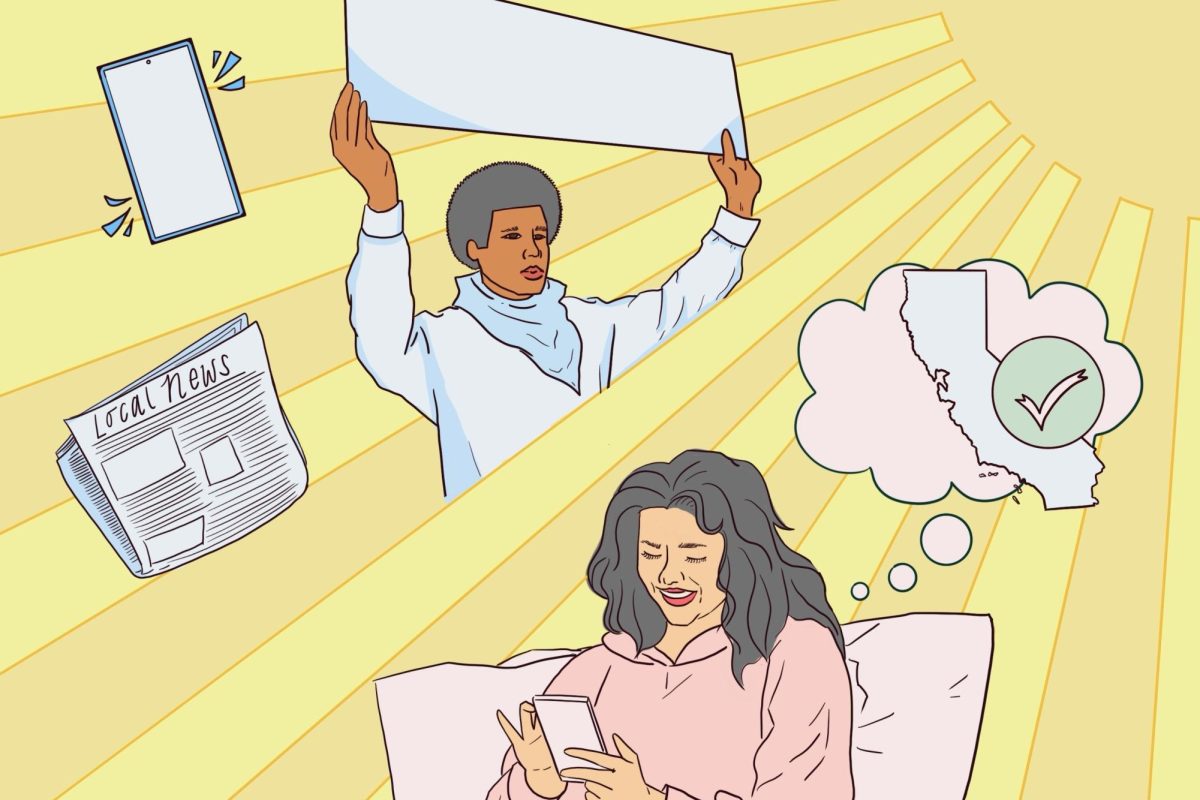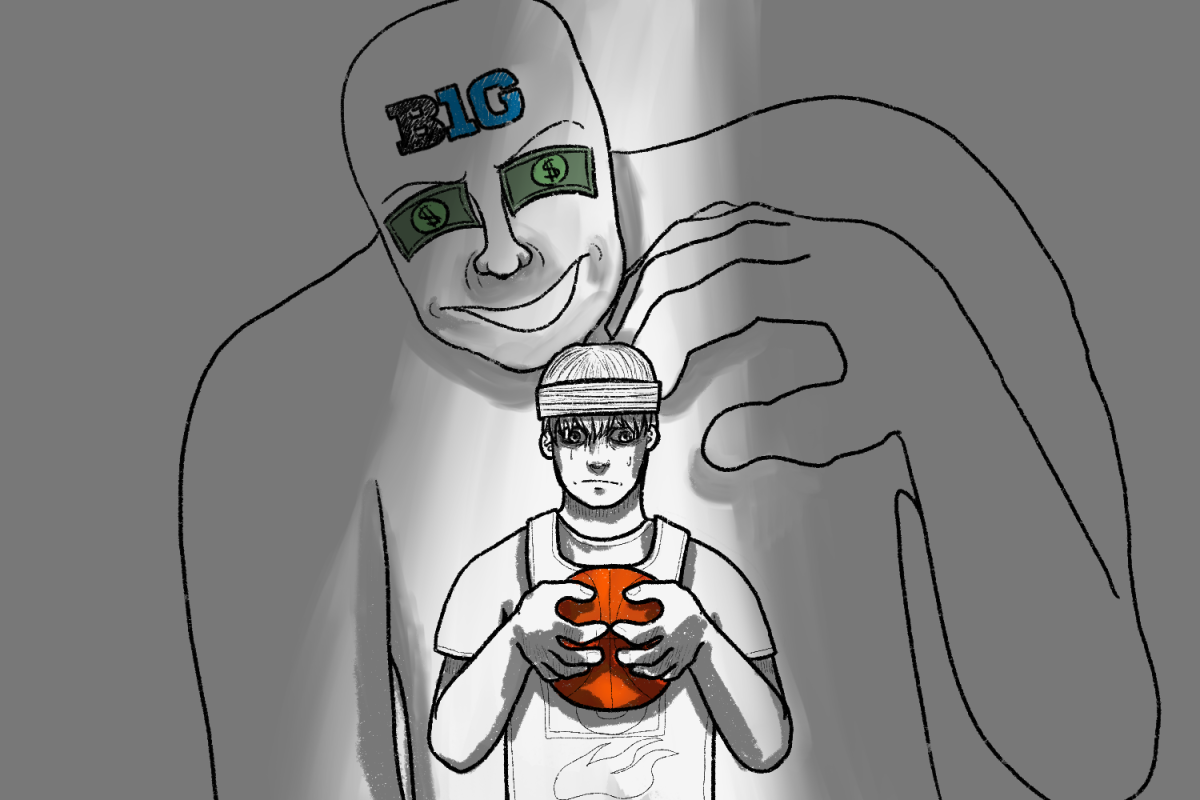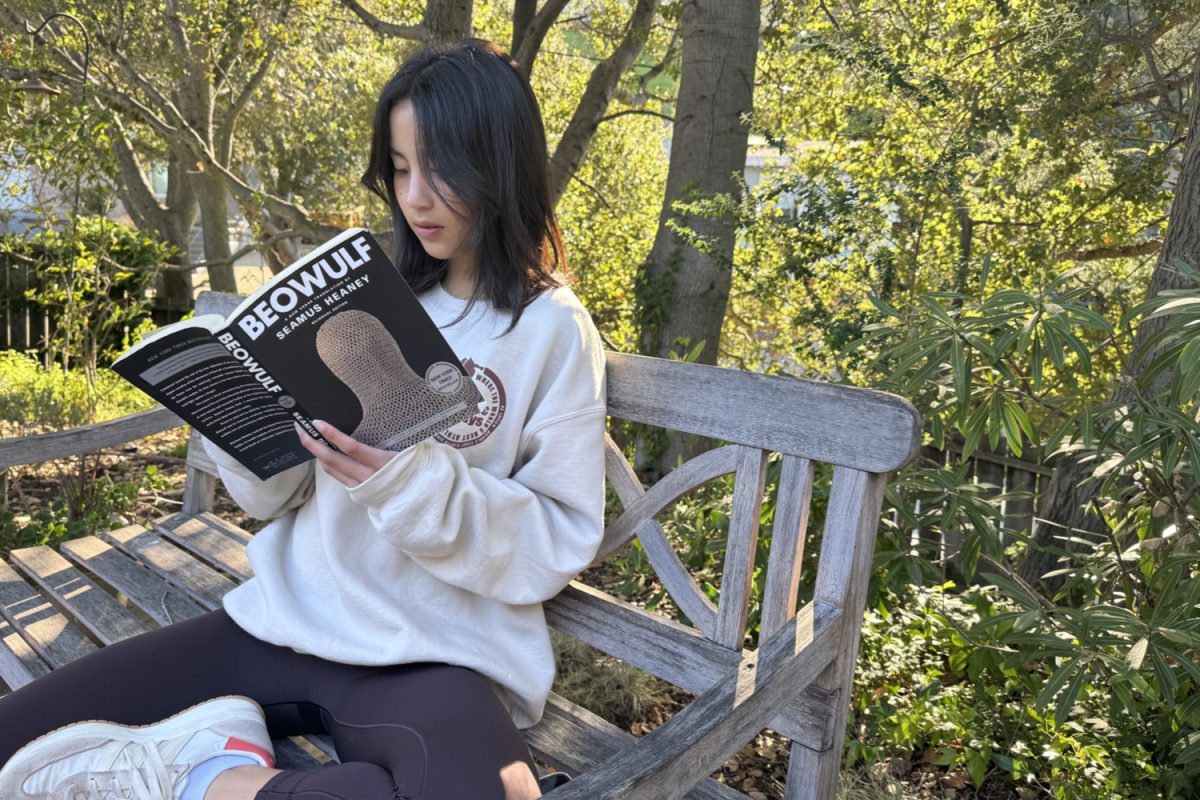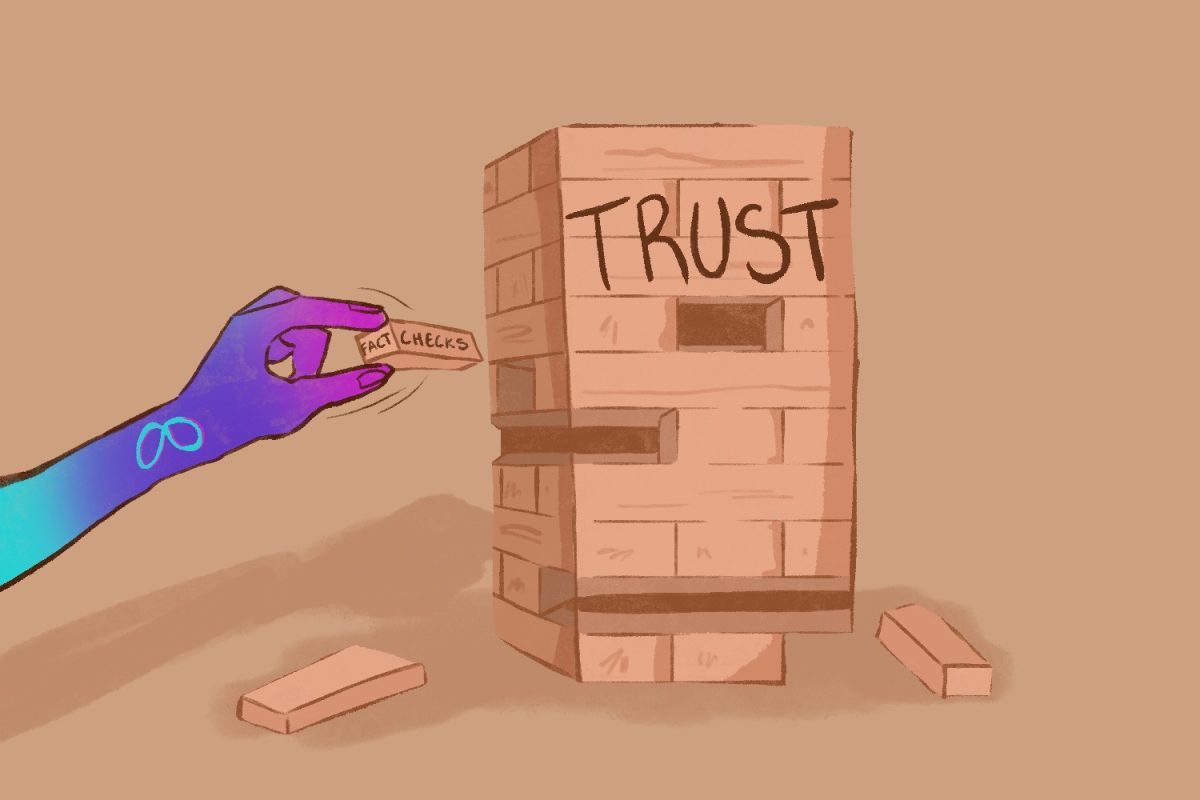As Generation Z teenagers, we know that politics can feel like a lost cause.
We’ve heard many of our peers complain about the people in power — they’re often either really old or really corrupt, and endless protesting doesn’t feel like it ever achieves a satisfactory result.
But we must resist the urge to say this and move on with our lives. More so than whatever force we are resisting in a specific issue’s context, it is essential that we resist the ever-constant urge to be complacent.
We need to work with what we’ve got — we understand widespread discontent with who is in power, but the reality is that we have to fight for what’s best for our nation under our current circumstances — until we are able to be elected into office, vote for other young people, sleep without the fear of our impending doom worsening, etc.
The future is ominous because we aren’t taking the reigns — and yes, I even mean suburban, middle-class teenagers. It is still so important to get involved and stay involved with politics, no matter what demographic you may fit into.
Our generation is rising to the age of necessary involvement — we are at the worst times in our lives to disengage – collectively, we have too much voting power and too loud of a voice to be silent.
In the context of the upcoming election, it is the duty of anyone who can vote to do so — and to do so knowing the impacts of your chosen candidate.
Like in 2016, “joke voting” can have serious consequences. A joke vote gone wrong means four more years of being stuck with too much to worry about and too little support in the Capitol to make it okay.
As someone who has lived in the Washington D.C. Metropolitan Area, I really feel a contrast in living in the Bay Area, especially in regard to the political scene. National issues like Trump’s “Muslim Ban” policy, immigration decisions, school shootings, and climate acts hosted large protests in Washington yet seemed to fizzle out quickly elsewhere.
In the Trump years, I spent many of my weekends in Washington protesting or at marches. But even in the Maryland suburbs, a 25-minute drive from the nation’s capital, all world news felt really close to home. To me, it seemed like everyone should know that national issues affect local communities throughout the country.
I’ve since learned that the Bay Area’s lack of proximity to Washington, D.C., creates a false sense of security for its residents.
So while I have been supremely disappointed by the smaller protest culture in the Bay Area, I get it. San Francisco is far from Capitol Hill. Issues like abortion bans and gun control policies are not as personal as they would be for someone living outside of California.
However, this is a dangerous illusion. California can feel “safe” until it is too late for some issues: it is irresponsible to let any policy “get by” just because it is easier, even at a local legislative level.
But still, San Francisco has been and continues to be a key battleground for huge topics that affect today’s world: LGBTQ+ rights, gender equality, racial justice, war, affordable housing, technology, and privacy rights…
Now, “politics” is a buzzword in itself. It is reminiscent of loud, angry adults and sounds like too much trouble. But don’t be afraid! Even staying in the know about current events counts as a step toward civic engagement.
And luckily, there are infinite ways to get plugged in and informed.
For one, reading local news is a great way to understand what happens in your community and how it is connected to the nation as a whole. The San Mateo Daily Journal and San Francisco Chronicle are some local outlets that are easily accessible online or in print in downtown areas.
One of the easiest ways to see national or international news is by following accounts on social media that post updates on specific topics or general news. On Instagram, it takes mere minutes to disable their new feature that doesn’t recommend political content, a quick switch that can prevent you from subconsciously disengaging from politics.
It is so easy to repost something or to be more vocal for a brief amount of time if something local or international occurs, but not do much to engage with these kinds of issues. So, how can we turn these digital steps into real-world strides?
By joining organizations! San Francisco and Oakland have many interest groups that will most likely correspond with your talents and beliefs.
So, just a parting thought: just because it feels “safe,” don’t forget all of the work that has been done to get us to where we are today. We can’t let years of advocacy be erased by being inattentive or careless.
Because of our geographic location, we have to remember that even if national policies don’t hurt us or our families directly, we should do what we can as Americans to make sure that they can’t hurt anyone else.
Even if it means following a local news account on Instagram, small steps to be informed about the world around you can make a huge difference.
And even if you feel like a very small piece of the puzzle, remember that youth voter turnout can really sway elections. The more educated voters our generation can produce, the easier it will be to really turn this country around for a better future.
*This editorial reflects the views of the Scot Scoop Editorial Board and was written by Rachel Alcazar.
The Editorial Board voted 9 in agreement, 2 somewhat in agreement, and 4 refrained from voting.













